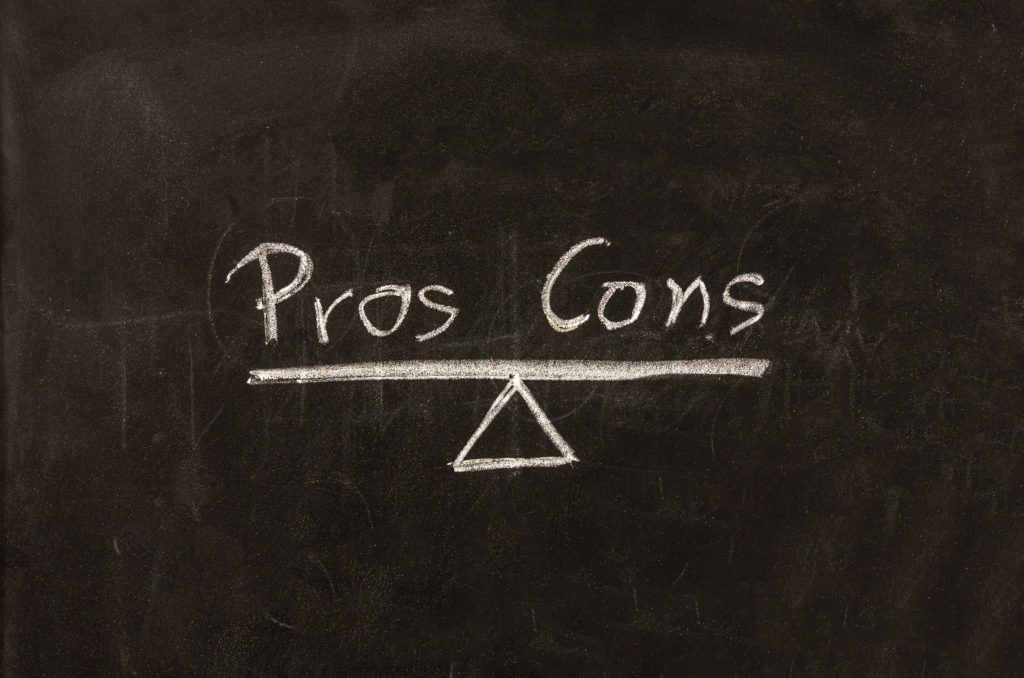Tis the season to be jolly and the season to be pressured by clerks to sign up for store credit cards. There you are at check out ready to pay for your purchase and the bright-eyed clerk asks, “Wouldn’t you like to sign up for our store credit card and earn this wonderful discount? After all, you’re buying the stuff anyway why not save some money?” We’ve seen discounts as deep as 25%, which could be a substantial savings if you’re buying $200 worth of kids’ toys. Or even better if you’re buying a $500 tablet.
Before you sign on the dotted line
As tempting as that discount might be here’s something to consider. One recent survey found that nearly half – 49% – of those that had signed up for a store credit card ended up wishing they hadn’t. Given this statistic it’s clear that you should think the matter through very carefully before you sign on the dotted line. And you should never feel unduly pressured to get that store credit card. If you see that one of your favorite stores is offering a great discount when you sign up for its card then think this through carefully while you’re outside the store and not when you’re at checkout. Don’t get us wrong. Signing up for a store credit card can actually be a very good decision. Or it can be a terrible one. What’s the difference? It will depend on how you pay your bills and your current financial situation.
Understand what you’re signing up for
If you sign up too hastily without understanding the card’s terms and conditions you could end up doing yourself a world of hurt. Store credit cards have seriously high interest rates or almost as high as the interest rates paid by subprime borrowers. Another survey done recently found that America’s largest retailers had an average APR of 23%. And this is about eight percentage points higher than the national average for all credit cards. What this means is that if you fail to pay off that purchase in a couple of months you’ll have basically given back the discount your earned by signing up for the card in the first place. As an example of this let’s suppose you put $1000 on that brand-new store card. If you pay just the minimum balance it would end up costing you $840 in interest and take you more than six years to pay off the balance. In fact, the retailer can actually make more money off the interest than in selling you the merchandise. Know this and you will understand why they are so eager to give you that discount when you sign up for their store card.
More stuff to consider
Do you pay off your credit card balances in full every month? If so and you’re not about to buy a car or take out a mortgage soon and you could save a lot of money by signing up for that store card, then maybe you should do it. In addition, getting a store card and using it to establish credit can be a good thing because our retailers are often more lenient about whom they let have their store cards than if you were to try for a Visa, MasterCard or Discover card. In fact, if you have a low credit score you have a much better chance of landing a store credit than one of those “universal” cards. If you keep your balance low and pay off your bill at the end of every month you’ll be well on your way to a better credit history.
Don’t get a bunch
No matter how much money you could save by signing up for a bunch of credit cards just in time for your Christmas shopping it’s like the old, “Just say no.” Why is this? Because it could seriously damage your credit score. And keep in mind that if you want to get a store card that’s co-branded with American Express, Visa, Discover or MasterCard, you’ll still need to have very good credit.
What if you don’t have good credit?
If you don’t have good credit than, as noted above, a store credit card could be a good choice but only if you use it sensibly and pay off either the entire or most of the balance at the end of every month. Beyond this, you should get to work improving your credit worthiness. Unfortunately, there’s very little that can be done about this short-term. A full 35% of your credit score is based on your credit history and there is nothing you can do about this. It is what it was. But 30% of your credit score is your credit usage and this is an area where you could do some good. Credit usage is quite simply how much credit you’ve used versus how much you have available. This is usually expressed as your debt-to-credit ratio. Let’s say you have $10,000 in total credit available and have used $5000 of it. Your debt-to-credit ratio would be 50%, which could have a negative impact on your score. If you could pay down some of that debt or get your credit limits increased so your ratio drops down to less than 30% this could cause a nice uptick in your credit score.
The other three components
The three other components of your credit score are length of credit history, new credit and types of credit used. Once again there’s not much you can do about your length of credit history but you could influence the types of credit used by getting a new auto loan, a personal loan or even a home mortgage. What new credit really means is the number of times you’ve applied for new credit. This gets back to the point made earlier about not applying for too many credit cards during this holiday season.
Beyond this you will just need to make sure that you pay off each credit card at the end of the month if it all possible. One trick that’s helped many people is setting up alarms on their computers or smart phones to remind them when their payments are due. Other people have had success by taking all of their bills when they come in at the first of the month and then sorting them into two categories – those that need to be paid at the first of the month and those that need to be paid in the middle of the month. They then organize them in such a way that they pay about the same amount at the first of the month and at the 15th. If you have bills with due dates that don’t fit this scheme then contact your creditors’ customer service departments and you should be able to negotiate a change in due dates. Be sure to mark the bill paying days on your computer or smart phone – the first and the 15th. When the time rolls around reserve an hour or so to review your bills and get them paid. Finally, whenever possible, sign up for online bill pay as this will not only save you a stamp it could end up saving your credit score.






